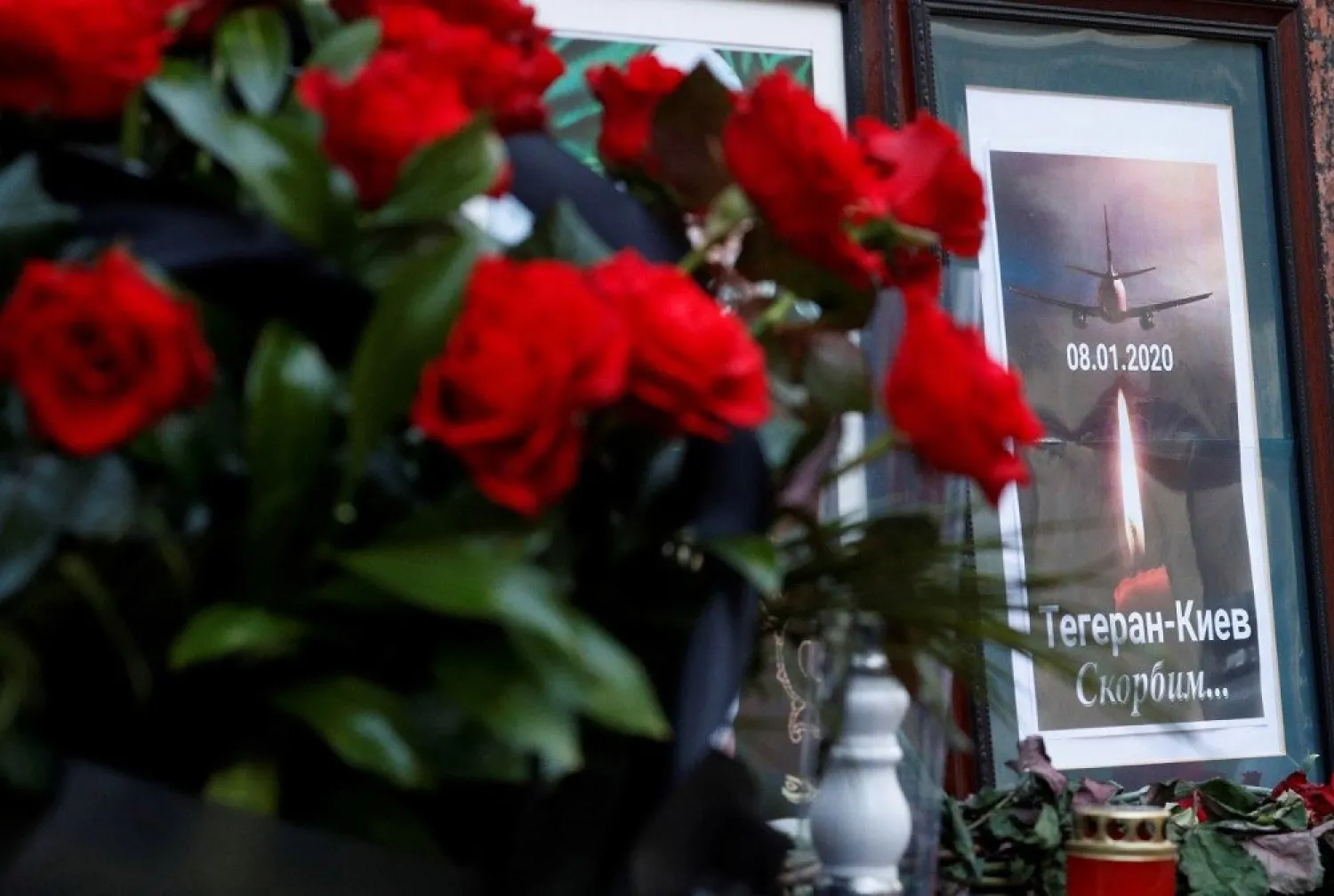Iranian investigators probing the downing of a passenger plane a year ago are deliberately dragging their feet, Ukraine International Airlines (UIA) said on Wednesday.
Tehran has admitted its anti-air missiles brought down the plane by mistake on January 8 last year during heightened tension with the US, killing all 176 passengers and crew, including 55 Canadians.
"We haven't got an answer to the main question: how could this happen and who is responsible," UIA chief Yevhenii Dykhne told AFP, saying "the process isn't moving".
"The tactic on the Iranian side is to sweep under the rug, to drag their feet," he said.
"There needs to be more serious pressure from those countries whose citizens died."
Canadian Prime Minister Justin Trudeau last month called on Iran to answer questions about the downed plane after an independent Canadian report complained that Iran was "investigating itself, largely in secret".
The report said Iran's probe suffered "obvious conflicts of interest... with few safeguards to ensure independence, impartiality or legitimacy".
Ukraine officials confirmed this week they had received on December 31 a preliminary "technical report" from Iran on the circumstances of the disaster.
They now have two months to review the document and decide if they are satisfied.
Iran's Revolutionary Guards on Wednesday blamed the "bitter event" on "the inhuman adventurism of the United States and its terrorist actions in the region".
The disaster came as Iranian forces were on high alert after the US assassination of revered Iranian military commander Qassem Soleimani in neighboring Iraq and a retaliatory Iranian rocket attack on US bases there.
In a statement, the Guards -- seen as Iran's ideological army -- called the deaths "very difficult and sad for everybody".
But they said the event "proved once again that the global arrogance (the US) has reached the height of vice and resentment against the republic and the people of Iran."
Tehran has offered to give $150,000 to the families of each of the victims.
But airline boss Dykhne joined widespread criticism of the offer, dismissing it as a "media strategy just designed to test our reaction".
Iran's government has not made an official proposal for payouts, he added, arguing that "international precedents" should be used to set the level of compensation.
In 1996, Washington agreed to pay a total of $61.8 million to the families of 290 people killed in an Iran Air plane shot down by a US warship in 1988.
And after its 2003 admission of responsibility for the 1988 Lockerbie bombing of a US-bound passenger plane, Libya paid $2.7 billion to the families of the 270 people killed.
Whatever the amounts, payouts should only follow technical and criminal inquiries into the deaths and a determination whether the shooting down of the plane was due to human error or a planned "military" act, Dykhne said.









